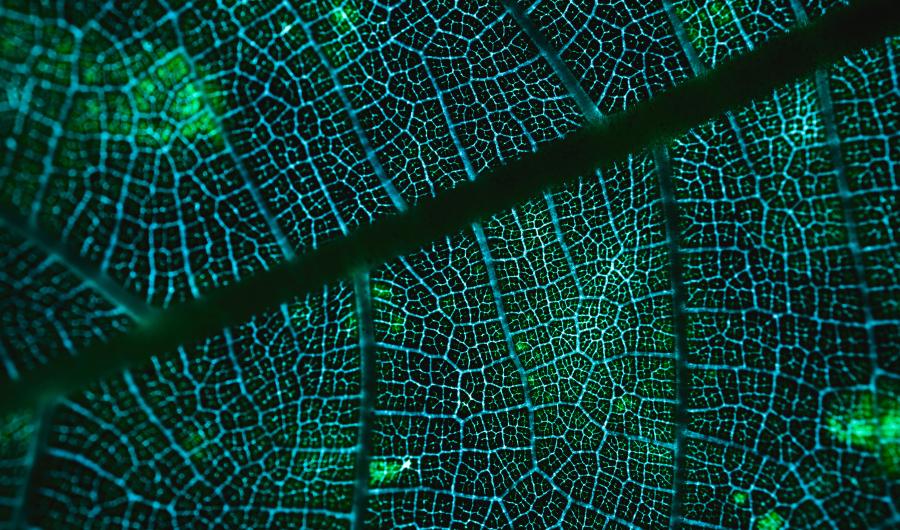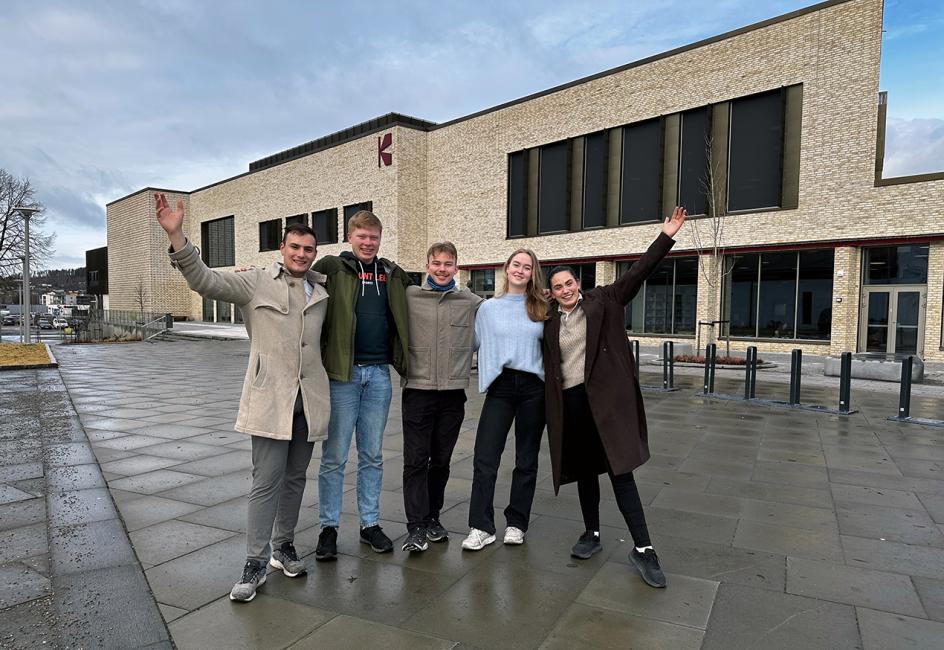
Biosciences
Understanding living organisms and their relations to their environment is crucial to create sustainable solutions for the future.
Programme description
Understanding living organisms and their relationship to the environment is crucial to creating sustainable solutions for the future and conserving natural resources. The Master of Biosciences at Nord University educates scientists to have a fundamental understanding of the importance of sustainability and advanced knowledge of their chosen area of specialisation.
Students can choose from specialisations within aquaculture, genomics, livestock science, marine ecology, and terrestrial ecology, see Specialisations. A master's in Biosciences from Nord University provides a competitive edge in the job market and our graduates can choose to work in a wide range of industries and fields.
Career opportunities
Applicants for the Master in Biosciences must have a Bachelor degree within a biological field with an average grade of C or better in the ECTS system or equivalent.
Students must have completed at least 7.5 ECTS in mathematics and/ or statistics at university level, and need a minimum of 60 ECTS in Bioscience courses.
For more information about applying:
Have you thought of exchanging to another part of the world? We highly recommended our students to spend part of their degree at one of our collaborating universities. Studying abroad is an exciting opportunity to gain international experience, while allowing a broader selection of topics and courses. A study abroad compliments your degree best in the second semester.
The application deadline for exchange in the spring semester is 1 September. For more information on the process, please contactJose de Pool, advisor for study exchange.
Learning outcomes:
On completion of the programme graduates will possess advanced knowledge within the field of biology depending on the specialisation within aquaculture, genomic, marine or terrestrial ecology, or livestock science. The training offers a thorough knowledge of relevant scientific methods used in biological research
Skills
Graduates of the programme can:
- analyse and critically relate to various information sources and apply them to structure and formulate questions in biology
- objectively assess existing theories, methods and research strategies within the field
- use relevant methods in an independent way to collect, analyse, interpret and understand biological data
- carry out an independent, limited research project under supervision and in accordance with applicable norms for research ethics
General competence
Graduates can:
- analyse relevant biological and ethical issues
- apply their knowledge and skills to participate in scientific research and professional research related to the master's specialisation
- perform advanced tasks and projects within the field
- communicate extensive independent work and master's level language and terminology in the academic field
- communicate about academic biological problems to both scientists and the general public
- contribute to new thinking and innovation processes
Housing
StudentiNord is Nord University's student welfare organisation, and offers, amongst others, housing for our students in safe and secure conditions. Tenants at Studentinord enjoy affordable rent, no deposit, and janitors and housing consultants available for their service at any time. Living at a student home is probably the easiest way to get to know fellow students.
Living expenses
The estimated living cost for a student is stipulated to NOK 137 907,- per year (2023-24). In addition you may have costs related to insurance, travel, visa fees and eventual tuition fees.
Student welfare
StudentiNord offers a broad range of student welfare services, whether you are in need of medical service or someone to talk to, or maybe you want to engage in a student association or need to borrow sports equipment. Read more about their services:
Facilities at FBA
Noatun is our brand new faculty building in Bodø, finished in 2024. As a student, you can enjoy high-quality teaching facilities and advanced laboratories, framing a vibrant and future-oriented sciencific environment.
PIA, FF Prinsesse Ingrid Alexandra, is our top modern research vessel, owned by Nord University and Institute of Marine Research. At Nord, the vessel is used for educational and scientific excursions at sea.
If you do not have a permanent residency in Norway, but wish to stay in Norway to work after graduation, you can apply to UDI for a residence permit for work purposes. You should apply before your study permit expires.
Job seekers - UDI
Skilled workers - UDI
In addition to the semester fee and syllabus literature, students are expected to have a laptop with microphone and camera. Students must purchase their own laboratory coat for use in courses with laboratory exercises.
Cost for some elective couses may apply, max. NOK 3000,-.
Tuition fees
Students with citizenship from countries outside the EU/EEA and Switzerland, must pay tuition fees. This study programme lists as a category C, and the fee rate is NOK 260 000 per year.
Nord University does not offer scholarships or grants. You can find more information on tuition fees, payment details and exemptions on our website.






